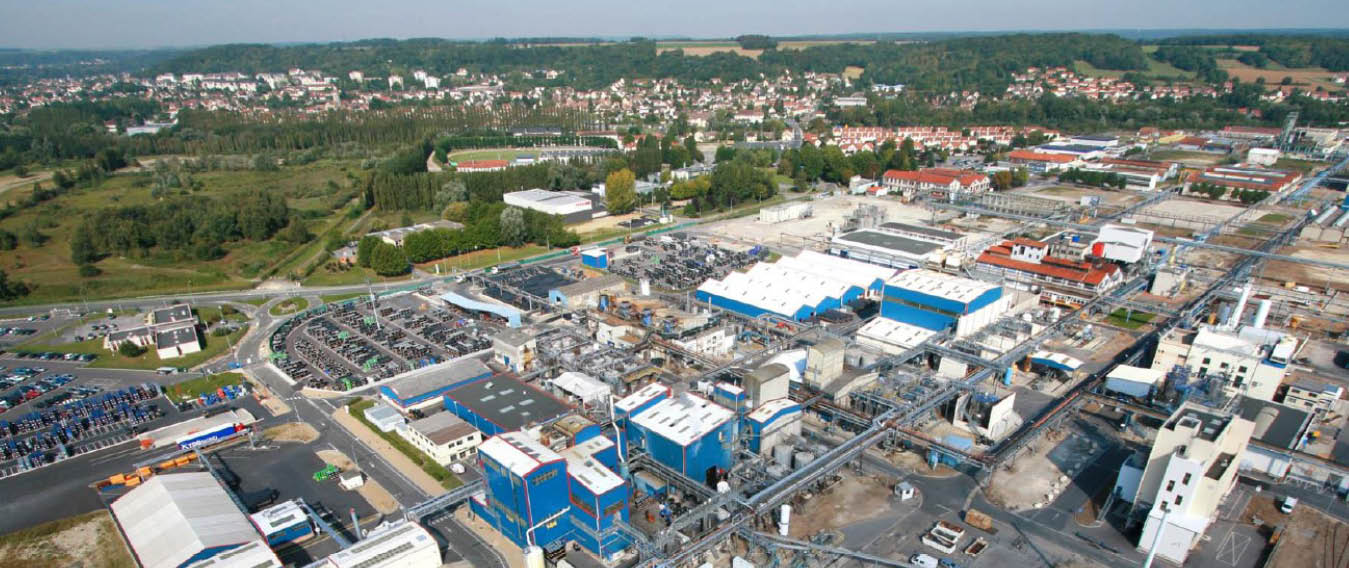Veuillez accepter les cookies "marketing" pour voir cette vidéo.
The ENGIE solution: A single point of contact for customers and the implementation of a comprehensive approach including an energy efficiency plan and biodiversity actions
While Arkema used to supply companies at the chemical platform with general facilities and all utility services, such as the generation and distribution of utilities as well as water treatment, the speciality materials manufacturer has now decided to concentrate on its core business. It has chosen ENGIE as its sole partner for the roll out of its comprehensive modernisation and sustainability project for the platform, while taking on board environmental concerns, including the reduction of its energy consumption.
To meet the needs of its customers, ENGIE has set up a dedicated team, comprising experts in different fields, who work hand-in-hand with the customers on the chemical platform. These specialists ensure the generation and distribution of utilities (steam, gas, electricity, nitrogen, depleted air, etc.) as well as various services such as logistics and security. The ENGIE team has also designed and installed a new boiler room, which is 10% more efficient than the previous one, and has optimised the existing wastewater treatment station to comply with environmental requirements. In this respect, steam generation from the nearby household waste incineration plant makes it possible to reduce the volume of CO2 emissions by 16,000 tonnes per year.

